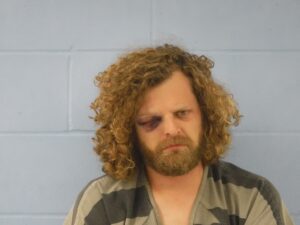Congressman Eric Sorensen (IL-17) and the Department of Justice (DOJ) are announcing $746,000 for Western Illinois University (WIU) to provide law enforcement training programs for local police departments and improve policing in Western Illinois.
“At a time when so many of our local police departments have strained budgets, I welcome this federal investment so we can support their mission and help keep every neighbor safe,” said Sorensen. “This award is a testament to the hard work of those at WIU and is a testament to the progress that we are making to ensure our police have what they need to do their jobs.”
Video footage of Congressman Sorensen’s full remarks on recently announced funding to support law enforcement training in Western Illinois is available for use by the press here.
“As an educator in the Department of Psychology at WIU, we are honored and excited to be one of a handful of organizations selected for the COPS de-escalation center award. The core mission of the De-escalation through Active Learning (DeTal) center is to optimize education and training for officer wellness and safety. Community perspectives on de-escalation curriculum and scenario-based practice is a key aspect of this effort. We want to ensure that training reflects community members’ lived experiences, contributing to the health and wellness of our communities in the Midwest region,” said Kim McClure, Professor and Principal Investigator.
This Community Policing Development Award comes from the DOJ’s Office of Community Oriented Policing Services (COPS) to help WIU develop cutting edge virtual training center for law enforcement under the leadership of Psychology Professor Kimberly A. McClure.
The internet-based training initiative, named the De-escalation Training through Active Learning (DeTAL) Assessment and Research Center, will serve as a resource not just for Western Illinois police, but for law enforcement across the entire region. The goal of this initiative is to provide scenario-based training that improves interactions between police officers and the communities they serve.
***Courtesy of Congressman Sorensen***







